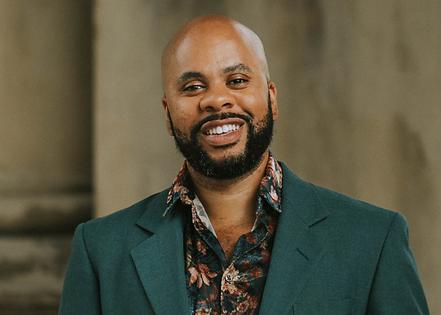Asking Eric: Facing mortality, woman unsure whether it’s unfair to get a cat
Dear Eric: I'm a 78-year-old widow, who has been without a cat for one year now; first time in my life. Is it fair to adopt a cat if I most likely only have one and a half to two and a half more years to live? I do travel as well. I do not have any family, so who would get the cat remains unknown. Maybe back to the adoption group? Is this fair to the cat? I feel I'm being selfish, or is a little time "at home" for a cat better than none? Please advise.
– Cat Lover
Dear Cat Lover: The past year without a cat must have been so hard for you. It’s a rough transition after being with cats your whole life. There are solutions that can take into account what your future might look like, as well as what's best for the cat. Considering fostering a cat or cats. This not only provides companionship for you and the cat, but can potentially help a local shelter free up space so that another cat in need of a home can come in. Your local shelter, humane society or refuge can point you toward the right program and get you set up with an application.
You might also reach out to friends and family to see if they or anyone they know needs a temporary home for a pet. Some of the concerns you wrote about can be assuaged by ensuring you have a support system in place for yourself and the cat.
Volunteering at an animal shelter is another great way of keeping pets in your life. Both options will also put you in contact with other humans who can help you make a plan for the cat’s well-being. There are so many pets that need loving homes. I think it’s more than fair to welcome one into yours.
Dear Eric: My son, his wife and my grandchild live with her parents. The problem is that her parents have so much clutter and mess around it's awful. I worry about my grandchild being around this. My son is also stressed about being around this mess. He said sometimes he would rather not come home. He wanted me to say something to her, but I don't know how to bring it up or what to say. Help, please?
– De-clutterer
Dear De-clutterer: I empathize with your son’s position, but the mess is his to address, not yours. There may be parts of this living situation that he just has to accept until he and his wife are able to move out. I understand the stress this brings, especially if this clutter presents a fire hazard. There are resources, like the book “Goodbye Things” by Fumio Sasaki or the support group Clutterers Anonymous (https://clutterersanonymous.org/). But a conversation about next steps needs to start within the home.
Your son is best equipped to raise concerns about safety and the living environment for his own son. And when he does, he can also suggest solutions. The best solution is probably for him and his wife to move out eventually, so you can be of assistance by helping him to think through this transition and to make smart financial plans for getting there. But, in the short term, he has to find a way to talk about this with his in-laws. Your intercession isn’t likely to change things for the better, no matter how good your intentions are. Indeed, it might just come across as judgment and get dismissed. Instead, talk to your son about small but meaningful actions he can take to protect himself and his family. Are the exits clear? Is there a clear space for his son to play? Are there clear delineations in the living space?
I know he’s often too stressed to come home, but this is his home for now and, for the sake of his family, he has to. While he’s there, he’s got to find a way to make it work for everyone involved.
Dear Eric: Ten years ago, we lost our 27-year-old son unexpectedly; he died in his sleep. When people asked how I was, like the writer of the letter signed “Still Grieving”, who didn’t know how to respond when people asked, “how are you?” I could not say I was OK. My response became, "I'm managing.” I was managing to get from hour-to-hour/day-to-day. It's simple and truthful and tended to end the conversation.
– Managing
Dear Managing: That’s a graceful and succinct reply. And, as you said, truthful. I’m sorry for the loss of your son and I’m grateful for the wisdom you shared. We don’t have to hide ourselves from others, even when the truth is less than totally optimistic. Managing is where you were – indeed, where so many of us are – and that’s OK.
(Send questions to R. Eric Thomas at eric@askingeric.com or P.O. Box 22474, Philadelphia, PA 19110. Follow him on Instagram and sign up for his weekly newsletter at rericthomas.com.)
©2025 Tribune Content Agency, LLC.


















Comments